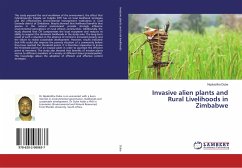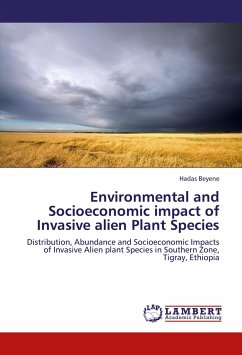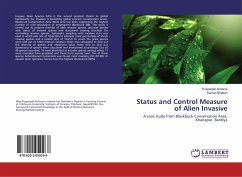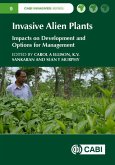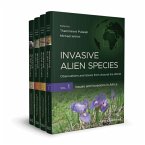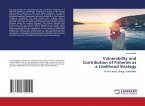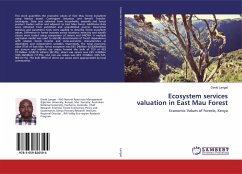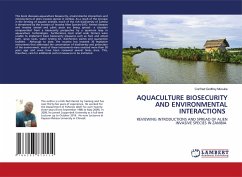This study exposed the rural worldview of the environment, the effect that Cylindropunita Fulgida var Fulgida (Cff) has on local livelihood strategies and the effectiveness environmental management institutions in rural Gwanda district of Zimbabwe. Results showed that livelihood benefits that species in the natural environment provide strongly influence environmental perceptions of rural African communities. Additionally, the study showed that Cff compromises the local ecosystem and reduces its ability to support the dominant livelihoods in the study area. The long-term result of such a situation in the absence of control is increased poverty and the failure to realise sustainable development. However, results indicated that IAPs could also improve the poverty situation of a community before they have reached the threshold points. It is therefore imperative to know the threshold points of an invasive plant in order to ascertain the efficient point to intervene. The study also showed that benefits of invasive plants accrue to different members of a society at different times (private/public). This knowledge allows the adoption of efficient and effective control strategies.
Bitte wählen Sie Ihr Anliegen aus.
Rechnungen
Retourenschein anfordern
Bestellstatus
Storno

